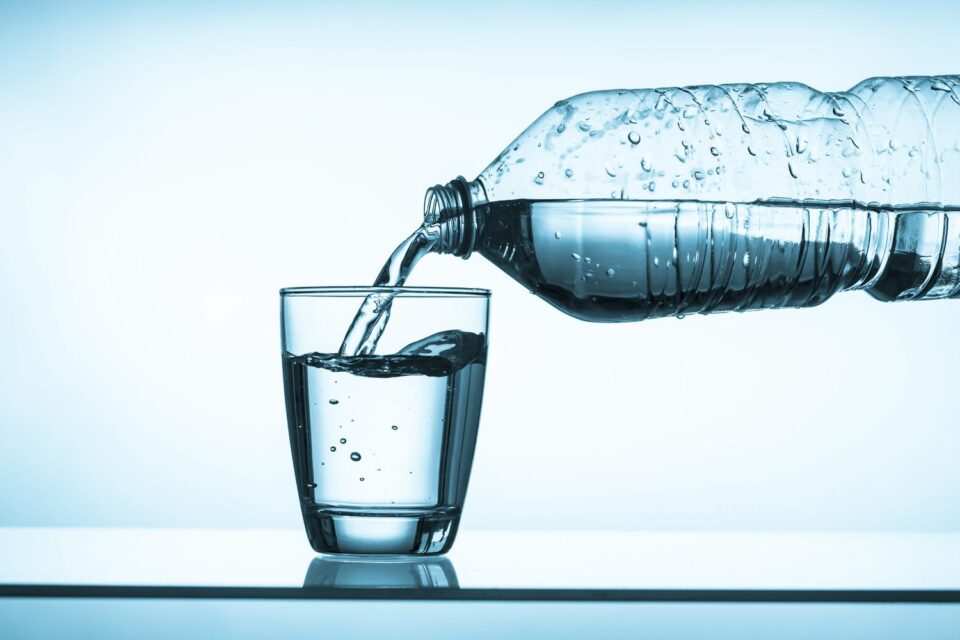Water is vital for our bodies to function properly, yet many of us don’t drink enough of it. Dehydration can lead to a range of health issues, so it’s important to recognize the signs and ensure you’re drinking enough water each day.
Signs of Dehydration
Thirst: The most obvious sign of dehydration is feeling thirsty. If you’re thirsty, your body is already in the early stages of dehydration.
Dark Urine: Healthy urine should be a pale yellow color. If your urine is dark yellow or amber, it’s a sign that you need to drink more water.
Dry Mouth and Lips: A dry mouth and chapped lips are common signs of dehydration.
Fatigue and Lethargy: Dehydration can lead to feelings of fatigue and lethargy, making it harder to concentrate and perform daily tasks.
Headache: Dehydration can cause headaches or exacerbate existing ones.
Dizziness or Lightheadedness: Dehydration can lead to a drop in blood pressure, causing dizziness or lightheadedness.
Dry Skin: Dehydration can affect the skin, making it appear dry and less elastic.
Muscle Cramps: Dehydration can cause muscle cramps, particularly during physical activity.
How Much Water Do You Need?
The amount of water you need can vary based on factors such as age, gender, weight, activity level, and climate. However, a general guideline is to aim for about 8 glasses of water per day, which is roughly 2 liters or half a gallon. This is known as the “8×8 rule.”
Factors that Influence Your Water Needs
Physical Activity: If you’re physically active or live in a hot climate, you’ll need to drink more water to replace fluids lost through sweating.
Age: As you age, your body’s ability to conserve water decreases, so older adults may need to drink more water.
Health Conditions: Certain health conditions, such as diabetes or kidney disease, can affect your body’s water balance and may require you to adjust your fluid intake.
Pregnancy or Breastfeeding: Pregnant or breastfeeding women need additional fluids to stay hydrated.
Tips for Staying Hydrated
Carry a Water Bottle: Keep a water bottle with you throughout the day to remind yourself to drink regularly.
Set Reminders: Use a phone app or set reminders to drink water at regular intervals.
Drink Before You’re Thirsty: By the time you feel thirsty, you’re already dehydrated. Try to drink water regularly throughout the day.
Eat Water-Rich Foods: Many fruits and vegetables, such as watermelon, cucumbers, and oranges, have high water content and can contribute to your daily fluid intake.
Conclusion
Staying hydrated is essential for your overall health and well-being. By recognizing the signs of dehydration and ensuring you drink enough water each day, you can help maintain optimal hydration levels and support your body’s functions.

